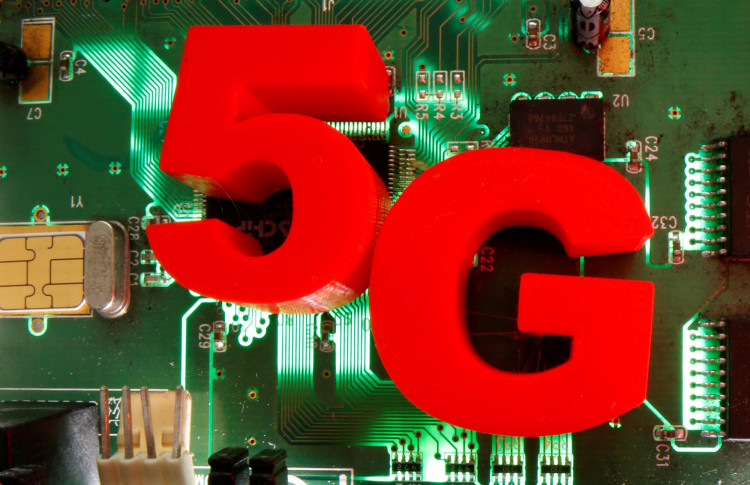When the world was made known of the breakout of the novel coronavirus in Wuhan, China, life went on as is for the tech industry. CES was held in January, and by February, Samsung launch the Galaxy S20.
Tech junkies began to take the matter seriously when conference organizers started to announce cancellations. The Mobile World Congress, which was scheduled in February, was scrapped.
MWC was supposed to be the show that would serve as the major premier of 5G. This year's event was slated to feature new 5G phones from nearly every Android vendor. The next-gen network was supposed to go mainstream.
Apple, Samsung, and other major smartphone makers had 5G handsets lined out and ready to deploy, and consumers would finally get to enjoy ultra-fast wireless tech. Then COVID-19 happened.
"In our lifetimes we've never seen a faster economic collapse," Strategy Analytics analyst Ken Hyers said.
The enthusiasm everyone had mere months ago had been shuttered. Suddenly, millions of people were out of jobs, children are out of school, and now we're at 10.5 million cases already. Coronavirus clearly has slowed down the rollout of 5G, but will it stop its progress? It's difficult to see things in a lighter note, but the answer is no -- 5G will thrive.
In China, where the first case of coronavirus was found, most areas have largely recovered. Things are starting to resume to its normal pace, and people have been returning to their jobs and children in schools. At the same time, Chinese shoppers are increasingly becoming keen on 5G tech. In fact, in spite of the uncertainty in the world, people in China are still shopping for new phones that have support for the next-gen network.
The uptake of 5G depends on two things: the availability of the network and the accessibility of handsets. When it comes to network availability, things have slowed down, but the rollout has been carried out still. In the U.S., carriers continue to expand their 5G markets, and so do service providers in China and several Asian countries. In Canada and Europe, things are more uncertain, but knowing their level of tech readiness, they will likely follow suit.
As for devices, there have been delays, but most are largely launched regardless. Apple, for one, had its facilities closed in China, but production is now back on track. The biggest wireless chip provider in the world, Qualcomm, is also positively on track and said that 5G is "progressing as planned."
So yes, there have been hiccups, but 5G is inevitable. It's only a matter of time before the tech becomes mainstream.






